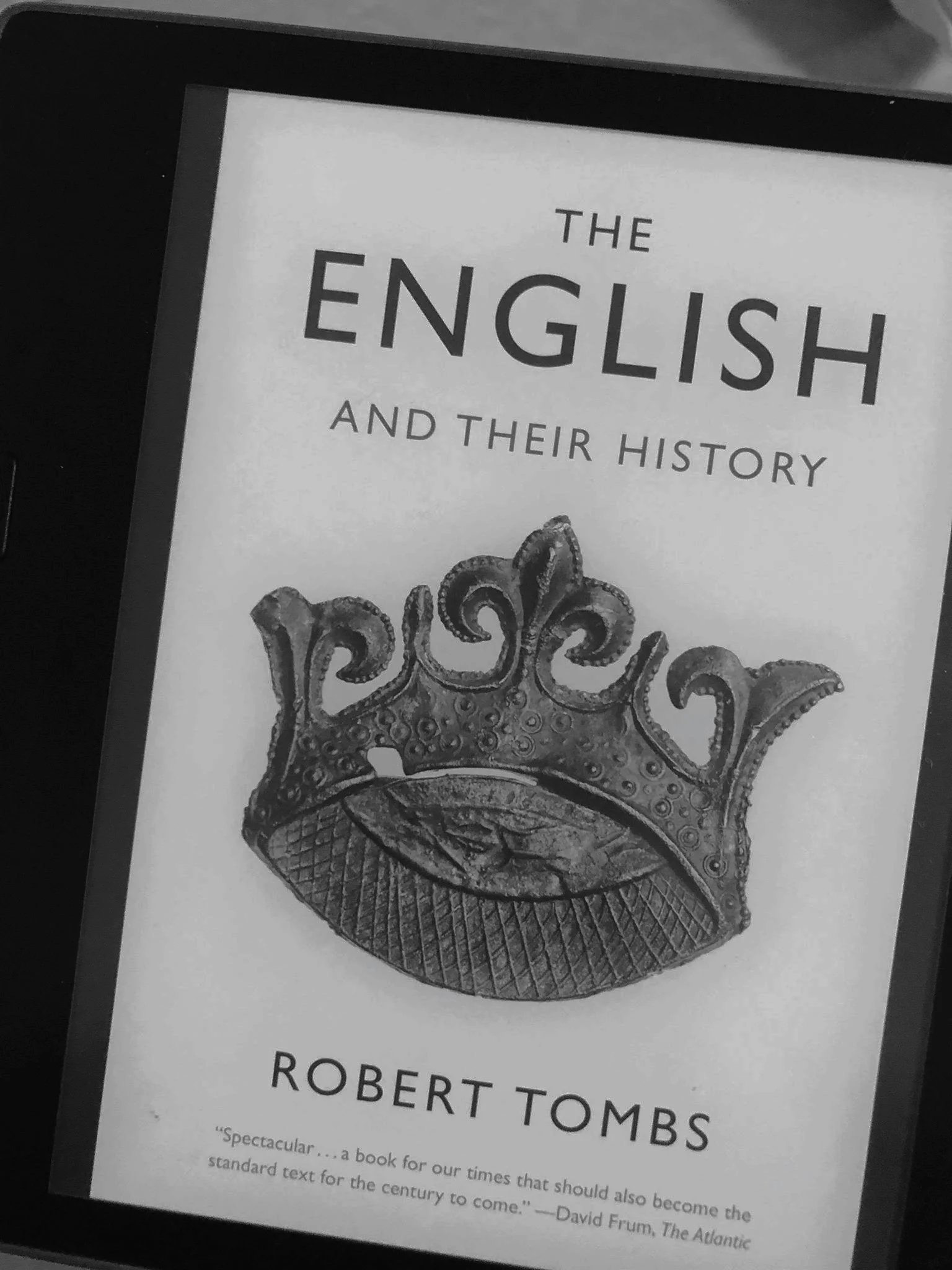Immortality by Milan Kundera
Czech-born novelist Kundera employs spare prose in the service of a meditation on the precarious nature of the human sense of immortality.
No, this is not about the religious faith of immortal soul, but about the stubborn footprints left in the society in a war against time; the futile struggle of men against the ephemeral quality of his image; the immortality of those who after their deaths remain in the memory of posterity.
We are exploring the kind of immortality when the famous astronomer, Tycho Brahe, died from a burst bladder after refusing to relieve himself during a lavish aristocratic conference. Brahe’s bladder must have been of astronomical proportion before it exploded, actively trying to appease courteous etiquette rather than surrendering to biological urges. Tycho has achieved immortality by being remembered as the person who lived like a sage but died like a martyr to shame and urine.
More specifically, we are examining the kind of immortality when US president Jimmy Carter experienced a heart attack while jogging with his fellow workers and cameramen, showing the nation his eternal youth. A man longs to be immortal, and one day the camera will show us a mouth contorted into a pathetic grimace—the most vivid event we will remember about Jimmy Carter, the only thing that will remain as a parabola of his entire life.
Kundera has long explored themes of impermanence and fluctuating identity--often to memorable effect, particularly in The Unbearable Lightness of Being and now even more so in Immortality. People believe that they can achieve immortality to a smaller or greater degree by maintaining an identity of themselves in people’s minds up until they die.
In other words, death and immortality, ironically, is an inseparable pair more perfect than milk and cookies. When death approaches, so as immortality.
To illustrate his concept of immortality, Kundera has produced an idiosyncratic but acutely intelligent series of parables, vignettes, short fictions which are part essay, part fable and part inward memoir. He draws, though in a vein altogether his own, on the legacy of Kafka and Calvino. And in Immortality, Kundera broke down his novel into seven parts, not all parts are connected. If this is your first time dabbling into postmodernism in literature or speculative fiction, this scattered arrangement can be rather bizarre. But trust me, it works out beautifully
Once of my favorite episodes is where Goethe and Hemingway discuss their posthumous lives. Hemingway is upset that his books have morphed into eclipsed by the innumerable biographies of his life. There is also a section about Goethe’s relationship with a young female named Bettina. To Goethe, what he had with Bettina was nothing but a fling. Little does he know that this inconsequential girl will become the editor of his posthumous life.
Has the character of immortality changed in the epoch of cameras? Essentially, no; for the photographic lens had existed long before it was invented; it existed as its own no materialized essence. Even when no lens was aimed at them, people already behaved as if they were being photographed. However, in a time when social media and self promotion is rampant, it is even more interesting to explore the types of immortality that people will create or be created.



